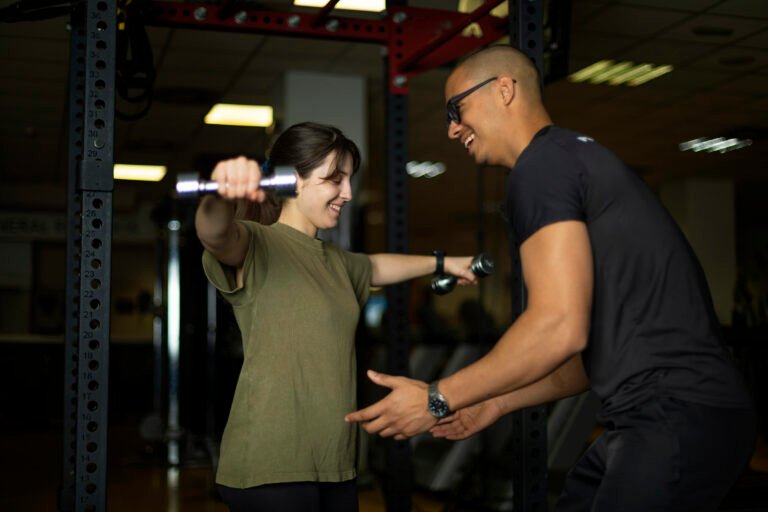For many people, the rise of 24/7 gyms has been a game-changer. The flexibility to train whenever suits you — whether that’s before the morning commute, on your lunch break, or even after a night shift — has opened the doors to fitness for millions. Add to that competitive pricing and easy sign-up processes, and it’s no wonder national 24/7 gym chains have become a cornerstone of the UK fitness industry.
But while convenience and affordability are undeniable strengths, is there more to building a sustainable, enjoyable fitness routine than simply swiping in at 11 p.m. and heading straight to the squat rack? Evidence and personal experiences suggest that community-led, independent gyms may offer a different kind of value — one rooted in belonging, motivation, and personal support.
Why Community Gyms May Help You Train Harder Than 24/7 Gyms
Research into long-term exercise habits consistently highlights one theme: people stick with fitness longer when they feel supported. A sense of community, whether that’s from gym staff knowing your name, a friendly “how’s it going?” from a fellow member, or group sessions where encouragement is shared, can create accountability that goes beyond sheer willpower.
In smaller, locally run gyms, members often report:
-
- Training longer per session.
-
- Pushing themselves harder.
-
- Returning more consistently over time.
That’s not because the equipment is necessarily better — it’s because people thrive when they feel connected.
The Changing Expectations of Gym-Goers in the UK
-
- Guidance and education.
-
- Modern equipment (yes, even the once “exclusive” machines like hip thrust benches or functional rigs).
-
- Welcoming spaces that don’t feel intimidating.
Independent gyms are rising to this challenge. Once, you had to join a large national chain to find advanced kit. Today, many small gyms are reinvesting in equipment and facilities to meet growing expectations — without losing their friendly, approachable culture.
When 24/7 Gyms Work Best
Of course, this isn’t to say 24/7 gyms don’t have a crucial role. For shift workers, frequent travellers, or highly self-sufficient gym-goers, the ability to walk in at any hour and know the equipment will be waiting is invaluable. The model works perfectly for people who are confident in structuring their own sessions, don’t need external accountability, and value flexibility above all else.


Feeling Lost? A Local Gym Could Be the Answer
But what if that’s not you? What if you walk into a 24/7 gym, scan the rows of machines, and think:
I know what these do… but how do I actually put them together into a workout?
This is where independent gyms can shine. The personal touch from owners and staff, the approachable members who say hello, and the friendly coaching sessions on offer can all make the difference between drifting in and out of training, and actually finding your rhythm. For many, it’s the difference between feeling like a “fish out of water” and feeling like part of a supportive team.
The Future of Gyms in the UK
The future of gyms in the UK likely isn’t a battle between 24/7 convenience and community-led independents. Instead, it’s a blend. Expectations are changing — people want flexibility and a sense of belonging. They want access to high-quality equipment and approachable support.
24/7 gyms will continue to grow and serve an important segment of gym-goers. But the rise of independent gyms investing in equipment, coaching, and community could represent the next big shift in how we view fitness spaces.
Final Thought
👉 Looking for your perfect gym in the UK? Use Gym Guide to compare local gyms and personal trainers, filter by facilities, and find a place where you’ll feel at home.
💡 If you’re a gym owner, now is the perfect time to add your gym to Gym Guide for free and get discovered by people actively searching for a space like yours.
💪 And if you’re a gym-goer, start browsing today and find the gym or personal trainer that truly fits your goals, lifestyle, and personality.
